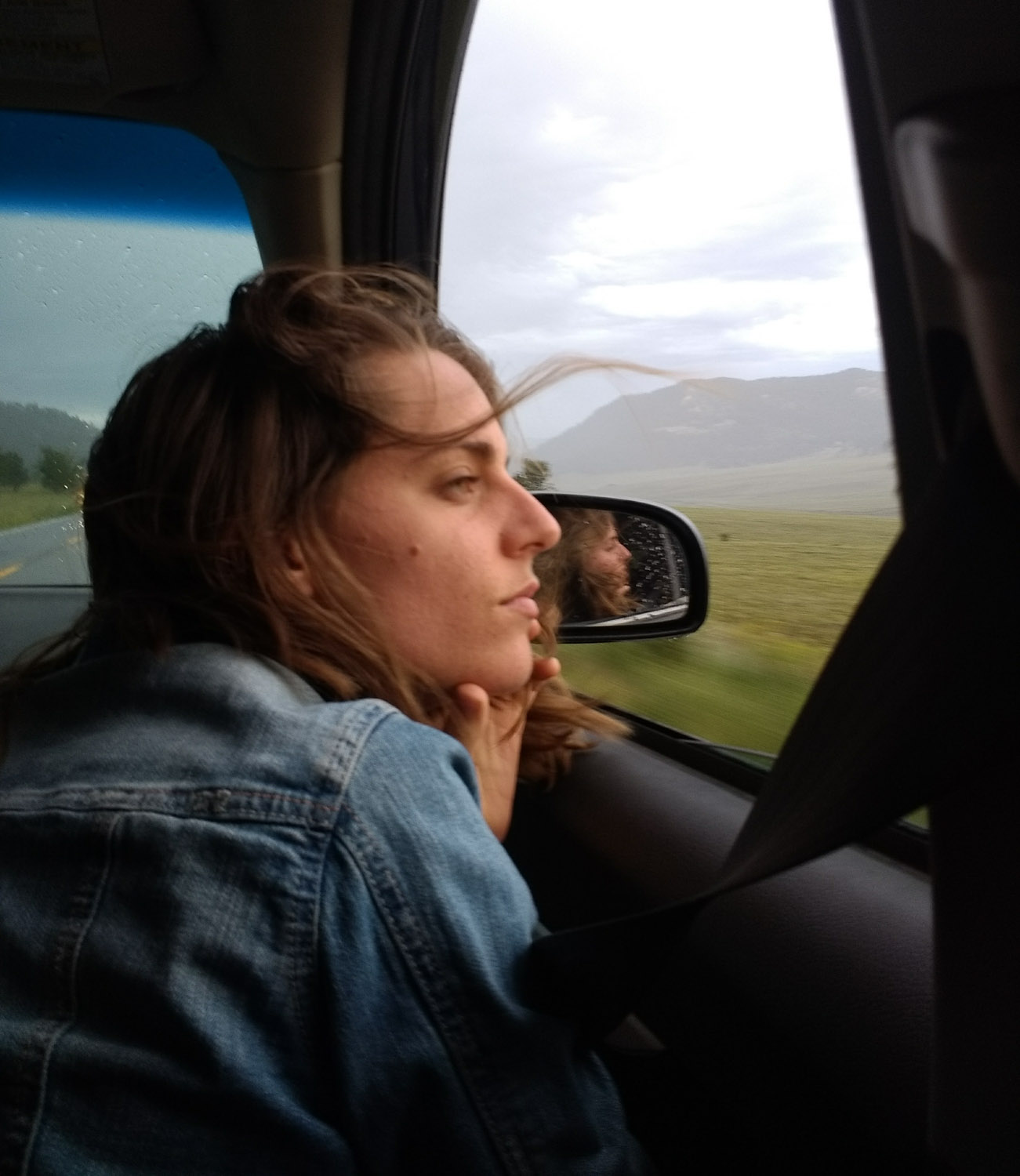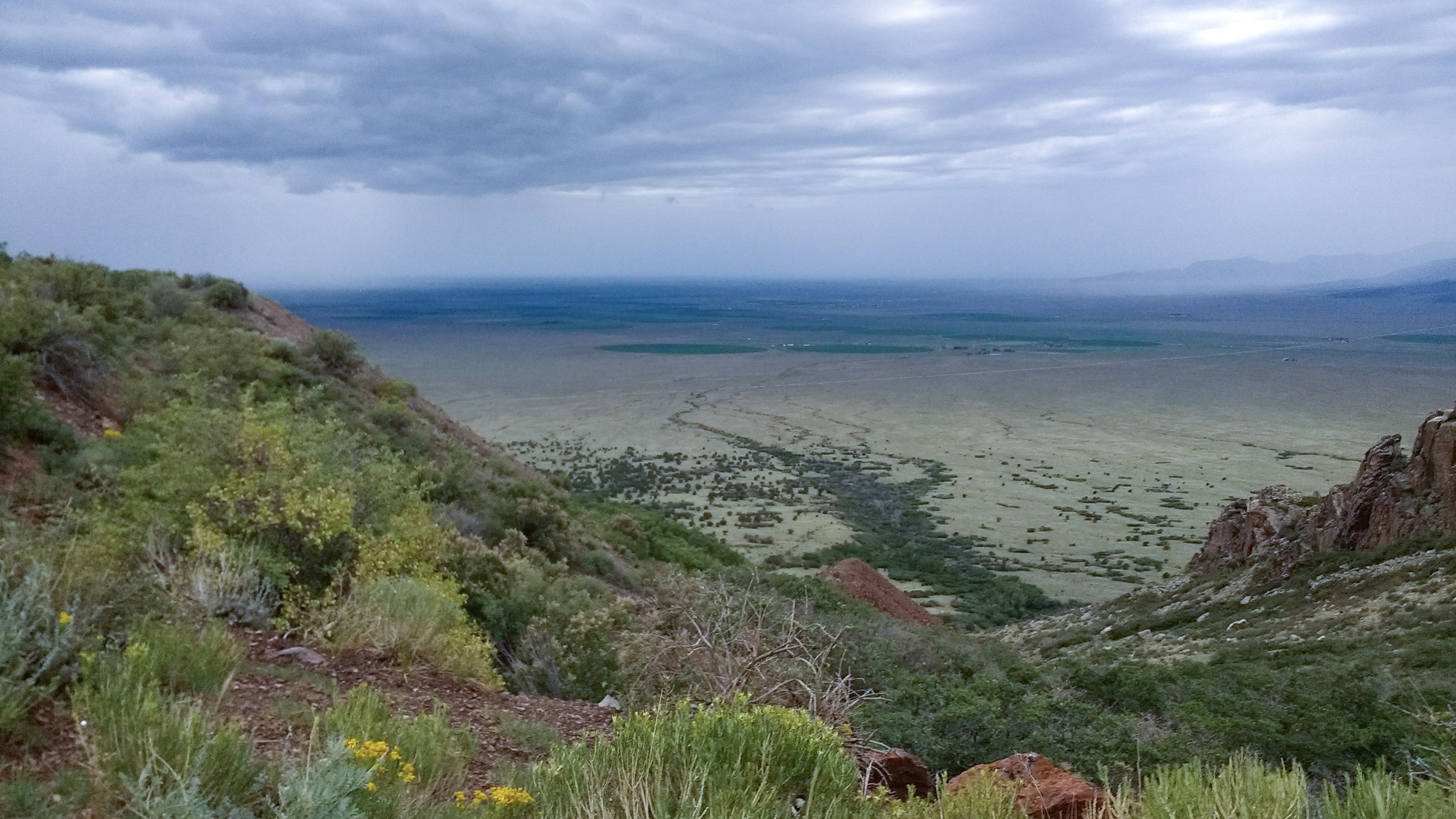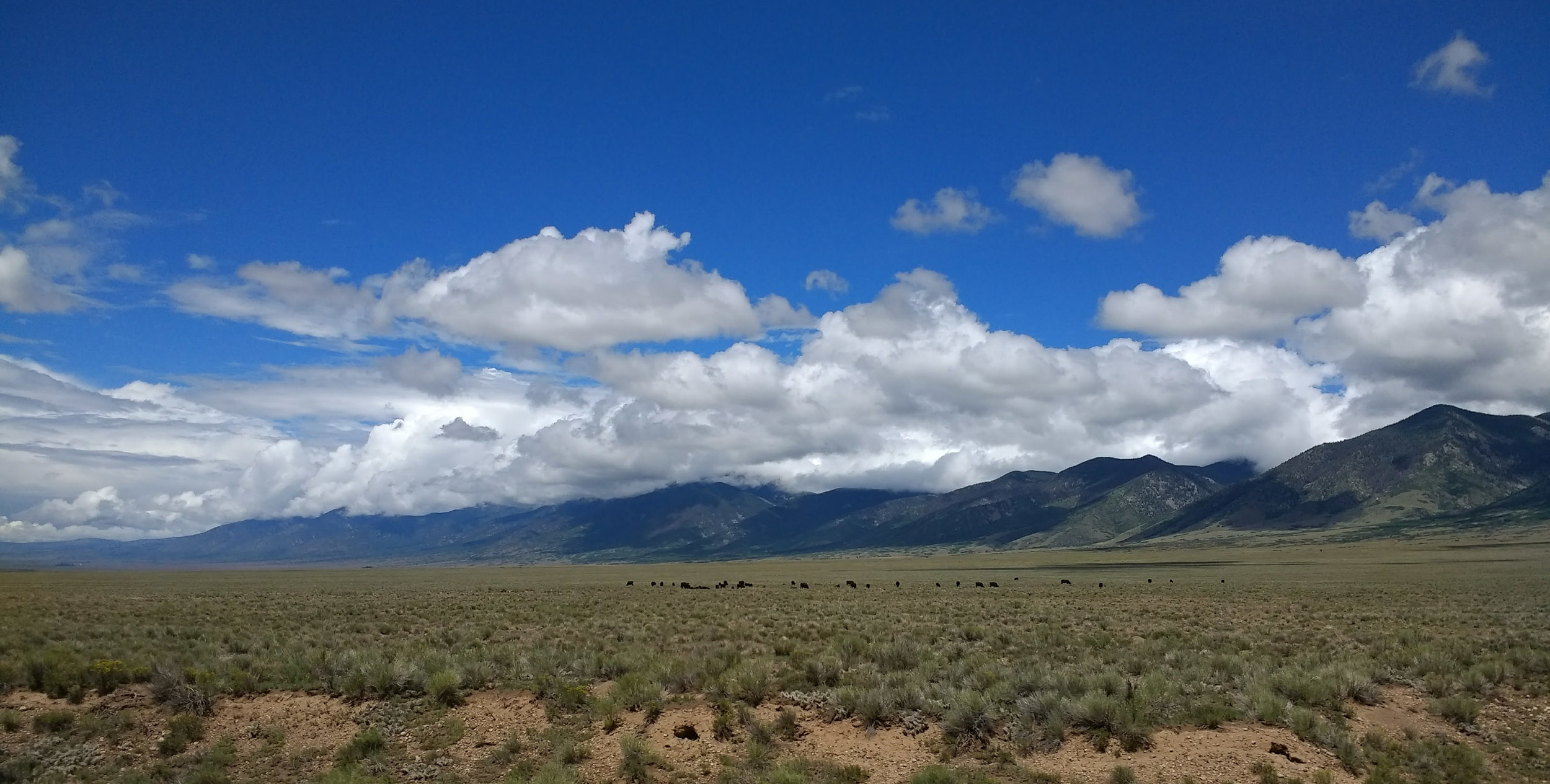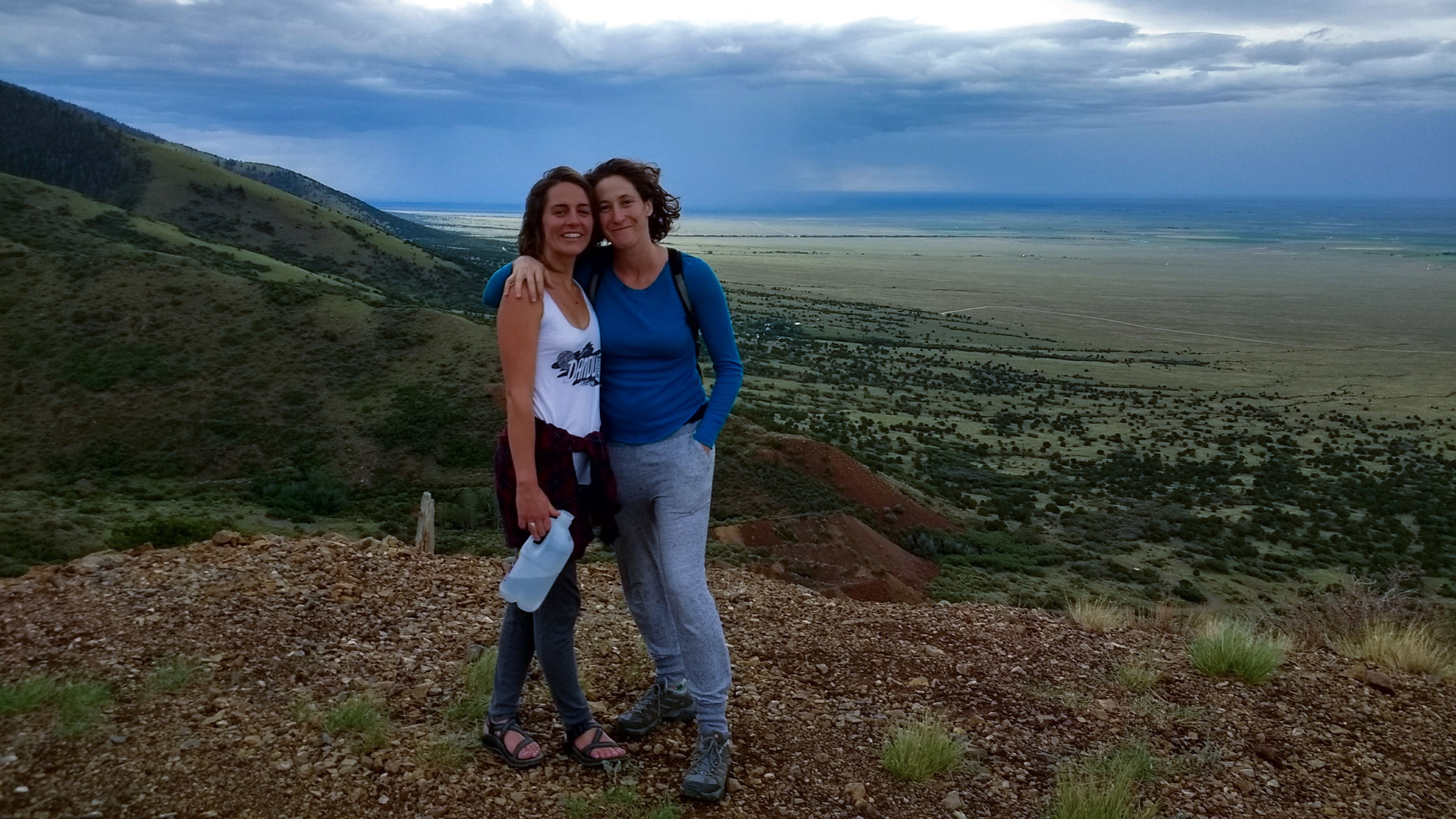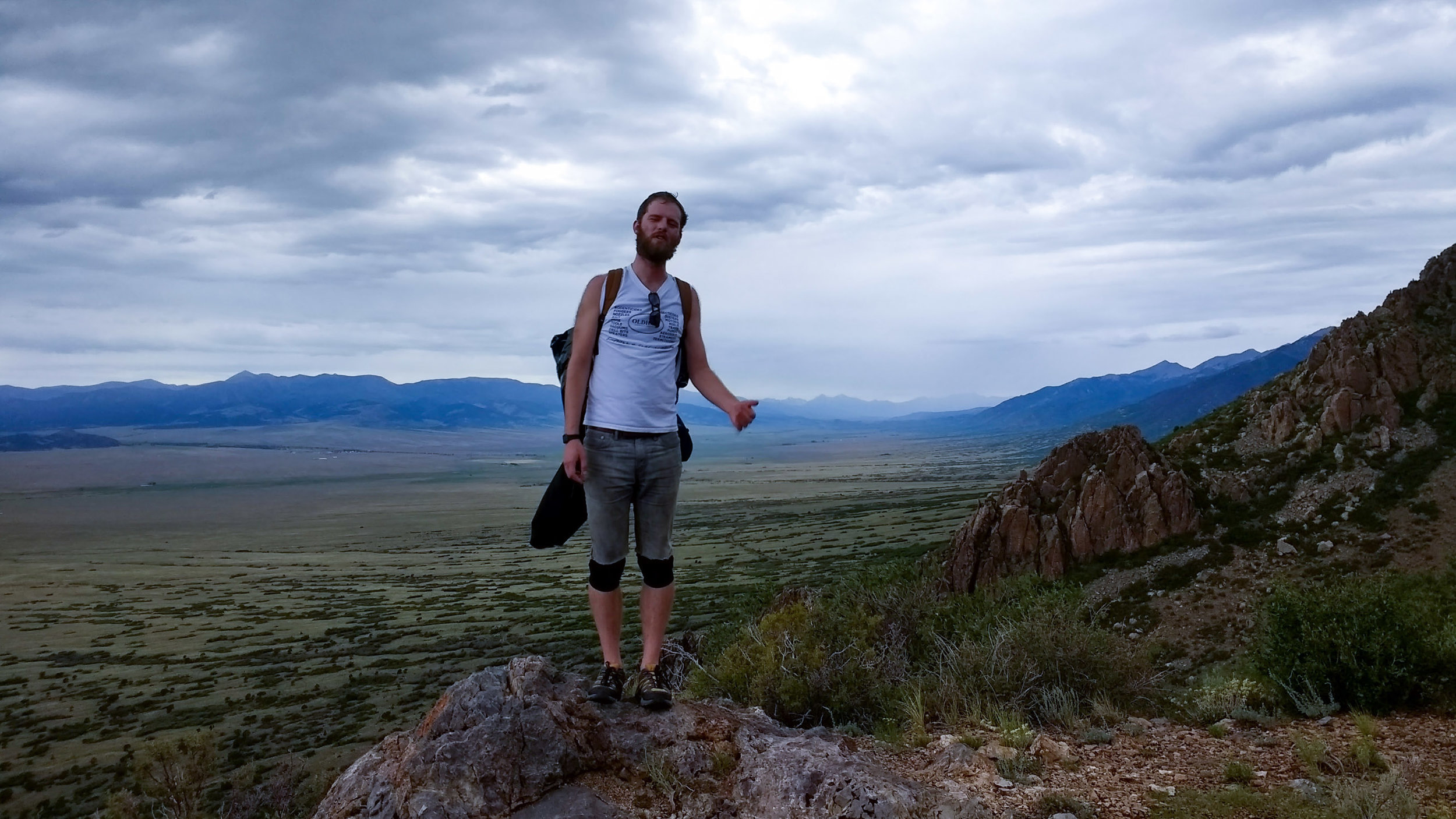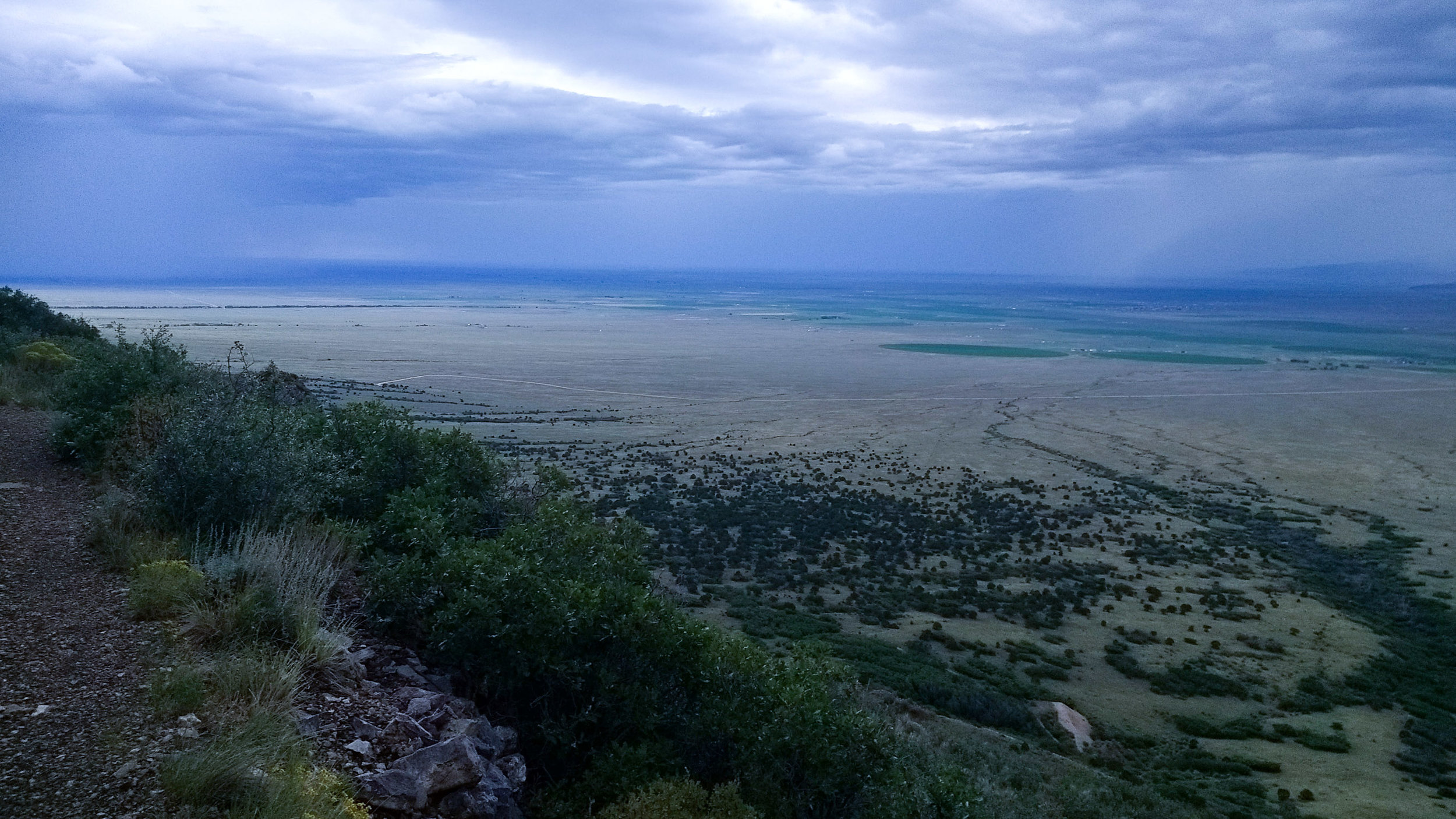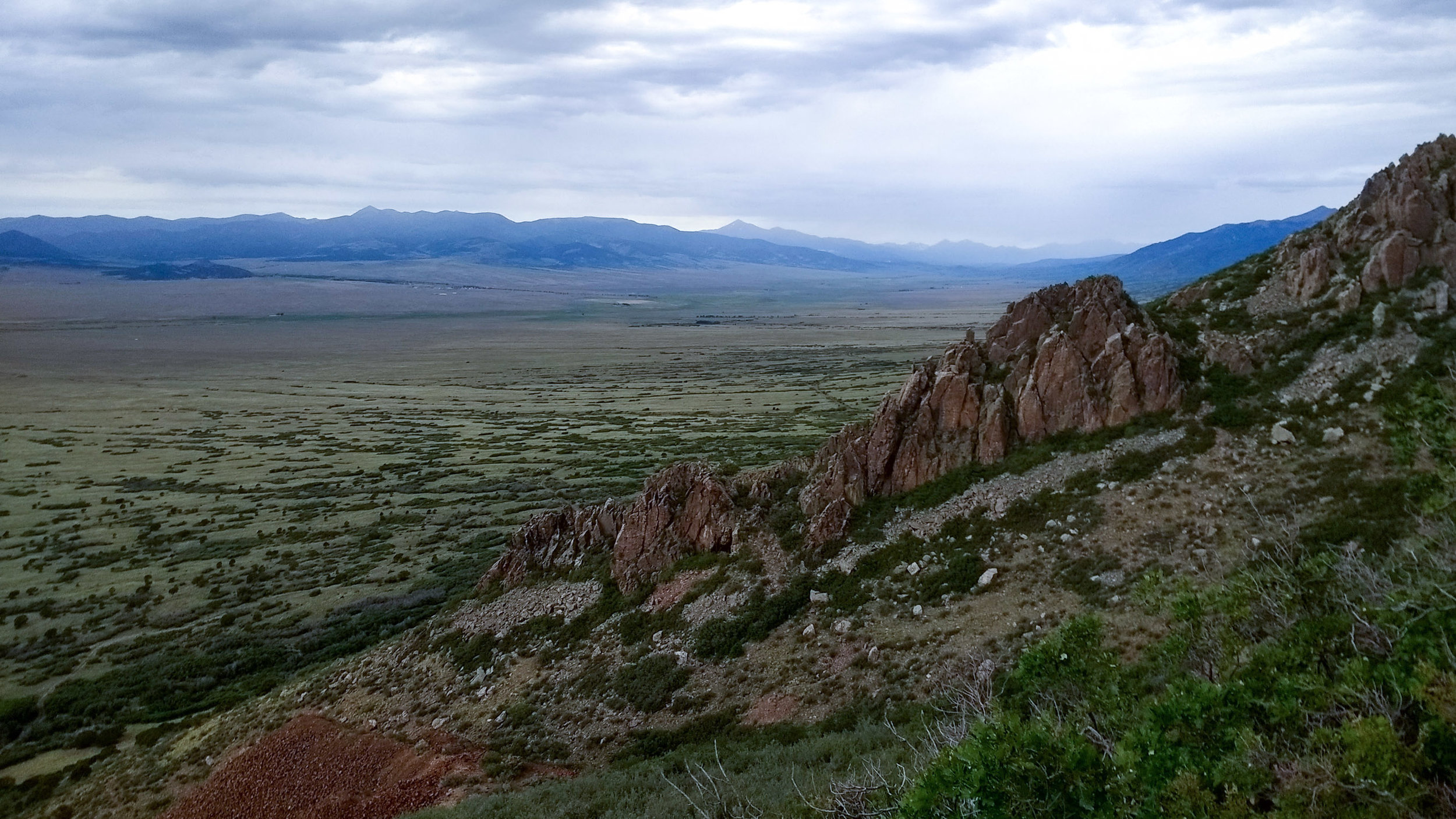HBM107: Carlo Surrenders
/Carlo Nakar spent more than twenty years in the United States before he was called by God to return to the the Philippines. It happened during one of his first classes of grad school at the Seattle School of Theology and Psychology. He looked into the rafters and asked, “Lord, what would be the hardest thing that you could ever ask me to do?” He received a verbal answer: “You should work with sexually trafficked girls in the Philippines.”
Content Note:
Human trafficking, sexual abuse, and language.
At that time, Carlo was in grad school to find himself after a long stint working at a facility for abused and neglected kids. But he had stayed there too long and effectively burnt out from the secondary trauma of working with children who were sexually aggressive. He felt unfit to become a therapist.
So it came as a surprise when God called him to work with sexually trafficked girls in the Philippines: “But I was called to do this. I have to show up.”
Since receiving the call from God, Carlo accepted an internship at Samaritana in Quezon City, near his hometown of Manila, where human trafficking is prevalent. There he works with women who have been trafficked or worked as prostitutes. In this episode, Carlo tells the story of the first time he did street outreach in Quezon City on behalf of the organization.
Since recording his audio diaries, Carlo traveled to India to attend a conference hosted by the International Christian Alliance on Prostitution. He attended a presentation on OSEC (online sexual exploitation of children) and for a second time he felt called by God. He said he felt a sense of certainty that this is the work that he is uniquely prepared to do. After graduation, he intends to work as a therapist for children who have been sexually exploited online.
Carlo’s been on HBM before, in one of our very first episodes. Listen to HBM008: Chuck Gets Circumcised.
Producer: Bethany Denton
Editor: Bethany Denton
Music: The Black Spot, Circling Lights








